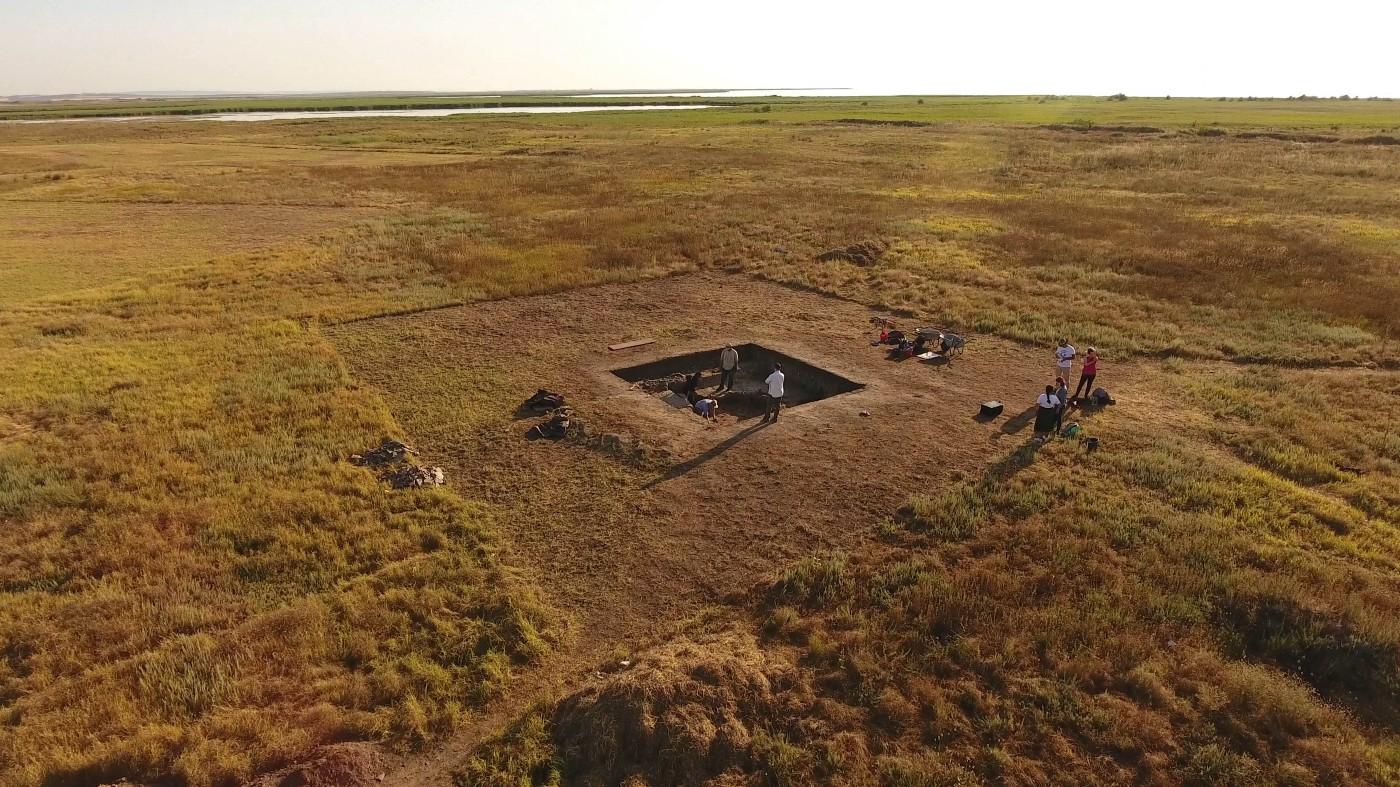
Through all eras of human history, communities have confronted stresses related to climate change that have affected how and where they live. Studying past societies helps us recognize the long-term effects of these stresses — which can be hard to see in the moment—and understand how humans will continue to respond to them in the present and near future.
Currently, the past is often reduced to an oversimplified dichotomy of ‘triumph’ versus ‘collapse’, in which only the preservation of the status quo is considered resilient. Communities or societies that recover from short-term shocks or persist unchanged in the face of longer-term challenges count as successes, whereas the breakup of socio-political systems, abandoned settlements, or unmaintained infrastructure are interpreted as indications of collapse and failure. Similarly, migration and mobility are seen as signs of disorder and crisis, rather than as adaptive and transformative responses. This view of the past leaves no room to embrace radical change as a resilience strategy, and it obscures the full range of lessons we might learn.
Stories of Ancient Resilience (SOAR), a new flagship project of the Planet Texas 2050 Grand Challenge initiative, seeks to shift narratives of the past away from a simplistic “triumph or collapse” binary and toward more flexible notions of resilience and adaptability. Building on work carried out by previous Planet Texas 2050 projects that explored the human and natural past, we are conducting scientific research to understand how densely-settled societies and ecosystems responded to periods of climate stress and how population mobility relates to resilience.
SOAR has begun by interrogating how the concept of resilience itself has been understood and used in different disciplinary and cultural contexts over time. We do so by integrating quantitative scientific methods in biology, chemistry, and geosciences with the qualitative results of archaeological and historical investigation. We will also explore Indigenous and traditional perspectives about individual and society-wide resilience.
Over the next three years, the project will draw on the research strengths of The University of Texas in biogeochemistry, paleoclimate studies, history, archaeology, genetics, and paleoecology to explore responses to climate change and environmental stresses in the light of those perspectives on resilience. This research agenda, which will focus on the Maya world, the Roman Empire, and Texas itself, will be co-developed with stakeholder groups so that we can build resonant narratives that inspire hope for the future without diminishing past injustices. We will pay particular attention to the adaptive role of mobility and to the effects of equity and inequity in the distribution of resources. Our research will be accompanied by creative, public-facing multi-media storytelling and the development of K-12 curricula that highlights the resilience of past societies and their ecosystems in the face of challenge and change.
This research agenda, which will focus on the Maya world, the Roman Empire, and Texas itself, will be co-developed with stakeholder groups so that we can build resonant narratives that inspire hope for the future without diminishing past injustices.
SOAR will also develop new methodologies to reconcile historical information with scientific data about climate and human mobility, untangling the complexities of cause and effect in the reconstruction of past events. The project will contribute isotopic, genetic, and paleoclimate data sets to existing repositories, where they will contribute to climate, ecological, and demographic models to reconstruct the past and project the future. SOAR will also enhance our understanding of past water management, providing alternative ideas for conservation and green infrastructure in today’s cities. In general, by exploring multiple perspectives about resilience at different scales over long periods of time, we hope to offer both the public and policy-makers new ways of imagining and planning for an equitable and sustainable future.
Read other stories in this series: Changing the Way We Respond to Disasters

